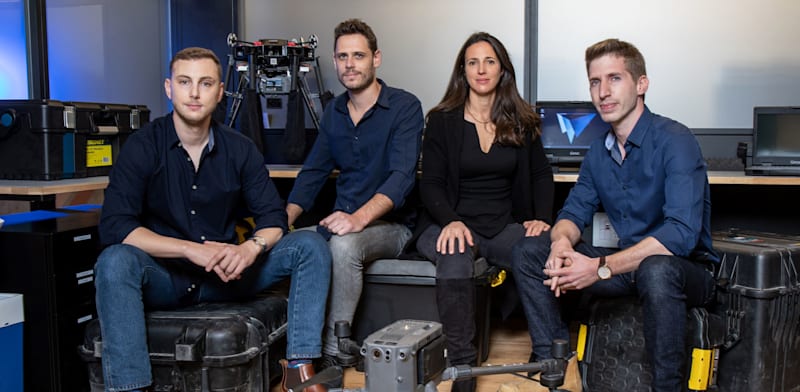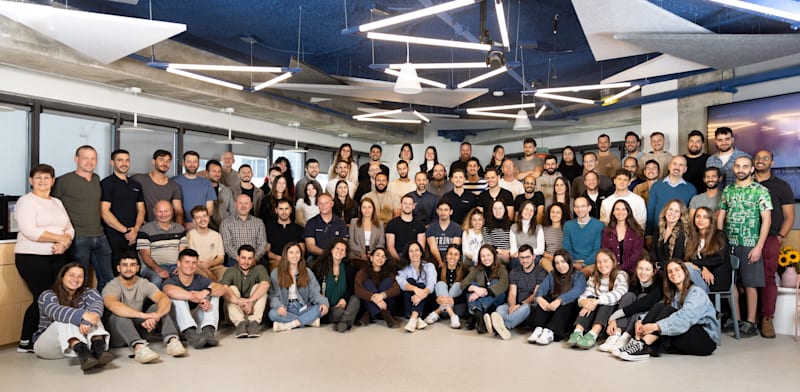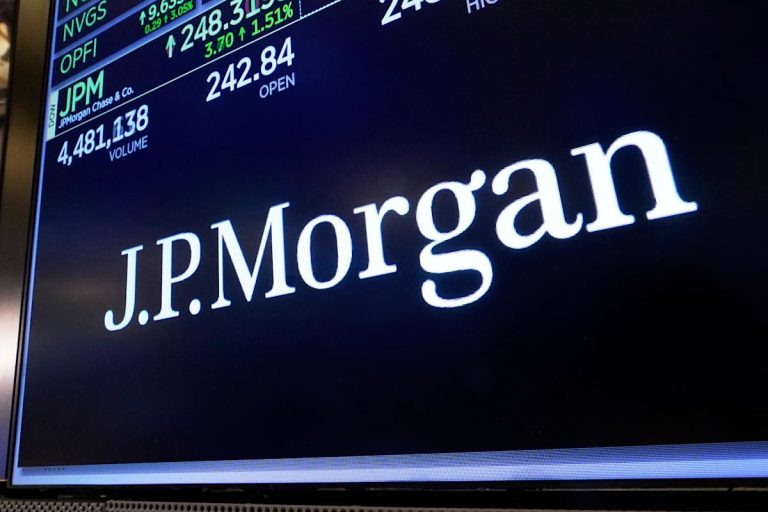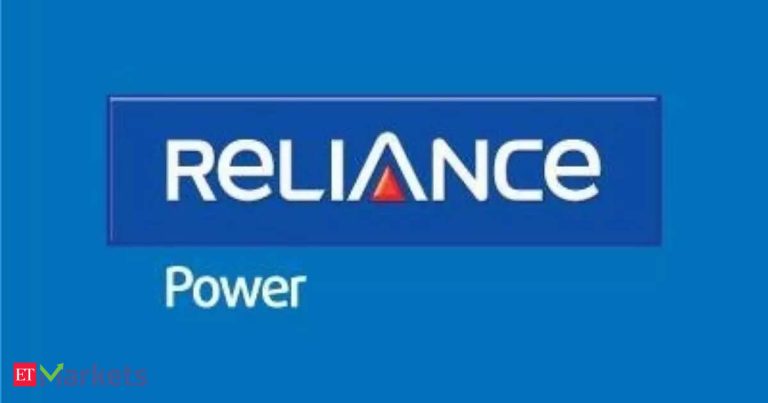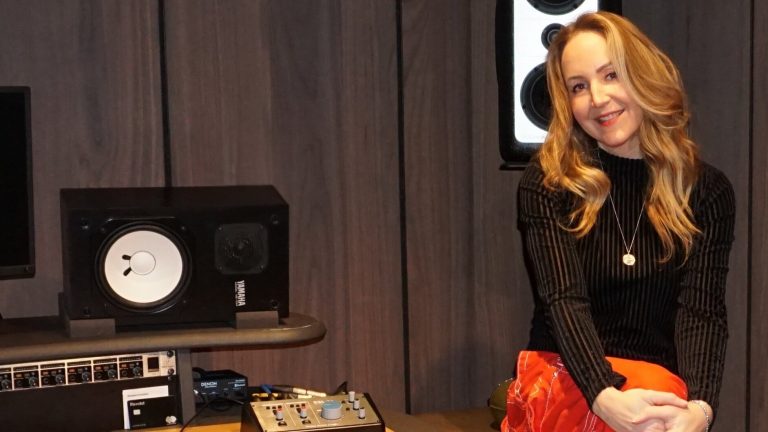Israeli startup Exodigo, which develops underground scanning systems for construction and infrastructure companies, based on technology developed by officers from IDF intelligence units 8200 and 81, has raised $96 million at an estimated company valuation of $600-700 million. As part of the round, investors are buying shares from veteran employees and the founders for $10-15 million in cash in a “secondary” deal. The company declined to comment on its valuation and secondary round, and only published the fundraising figures, but it represents a doubling of the company’s valuation compared with the previous round two years ago.
In an unusual move that is not common in the venture capital industry, the round is being led by existing investors: Oren Zeev’s Zeev Ventures, a fund that also includes Peter Thiel, one of the founders of PayPal, Palantir and the first investor in Meta, and the Israeli-US fund Greenfield, founded by Shai Greenfield and Yehuda Doron. Zeev has led the fundraising rounds since the seed round, and this is his third time leading the round, this time alongside Greenfield, which also led the previous Series A round.
Other existing investors participating in the round are Assaf Jacobi’s Jibe Ventures, Israel’s 10D, and Australia’s Square Peg, some of whom were seed investors in the company, and new investors Alan Feld’s Vintage Investment Partners and LeBlon Capital, a German venture capital fund that has invested in Israeli defense-tech companies, including Kela. The company aimed for an $85 million round, with investors willing to invest $150 million signing up, but ultimately the round closed at $96 million. US venture capital funds are conspicuous by their absence, and it is possible that they will lead the next round.
The round has been completed in the wake of a technological and business leap by Exodigo The company, which has developed a multi-sensor system and tools for scanning underground and decoding in the cloud, provides on demand field service has found a new way to make its service grow quickly by renting equipment to contracting companies throughout the US. This way, the company does not need to perform the service itself and can sign more deals. However, the product is not yet ready for rental for self-use and Exodigo is still required to provide training. The new round will allow the company to develop a kit that includes a trolley, drone and additional sensors with which companies can perform the work themselves. The second milestone that led to the financing round is the significant expansion in the US, an achievement over the past 18 months, after being active mainly in Israel when the previous round was completed.
RELATED ARTICLES
Exodigo, which was ranked first on Globes’ list of ten most promising startups last year, has developed a system that scans and maps the subsoil at construction sites for housing, offices, or transport, gas, telecom and electricity infrastructure. A real estate developer or a railway company can save millions of dollars and months of delay by properly mapping the land on or beneath which it intends to build, pave a road, or railroad: Often, an electrical cable, water, or gas pipe that was not drawn on the original map can delay construction projects and make them significantly more expensive, and sometimes even lead to a lawsuit against the developer. Exodigo recently launched a new product – geophysical scanning of subsoil layers – the ability to identify clay, rock, or groundwater, information that can provide broader engineering options for the client.
The company’s two products – underground pipeline identification and geophysical identification – prepare the ground – literally – for a smart recommendation system that can extract insights from the scanner and present them to the client.
Exodigo cofounder and CEO Jeremy Suard says, “It’s not enough for the construction company to realize that it has a gas pipeline that wasn’t on the original maps under its construction plan, and it needs to move it. It basically needs a moving plan and using AI, we will help it with recommendations taking into account the excavation rate and the terrain.” This model of hourly or project-based advice, combined with an AI product that provides recommendations for action, reminds many of Palantir and provides investors with an insight into the company’s future business model.
Exodigo’s services are not cheap. A contract can cost several hundred thousand dollars, but the savings in delays and legal processes discourages developers from taking the gamble of starting construction without adequate underground mapping. According to estimates, the company’s annual revenue is $20-30 million, and by the end of the year it plans to sign agreements worth $100 million spread over several years. The company benefits from government clients – infrastructure and transport companies – some of whom are repeat customers.
Suard adds, “Exodigo has set a new global standard for 3D underground intelligence. Since launching, we’ve worked closely with industry leaders to transition from the status quo of missing up to 50 percent of underground utilities to 99 percent accuracy without any digging. Our team has driven tremendous growth in just a few short years and we see unlimited potential for the expansion of our underground mapping innovations as leaders around the globe push to understand the underground and embrace AI to drive a new era of safety and efficiency.”
Zeev Ventures founding partner Oren Zeev says, “Exodigo is leveraging AI technologies in geophysics to solve subsurface mapping challenges in a market estimated at $500 billion. An accurate picture of what is happening below the surface could save tens of billions of dollars in a variety of industries experiencing growth momentum around the world. The company’s leaders are global pioneers in AI and multi-sensing underground intelligence, who have created a completely new market and is driving unprecedented growth with infinite opportunities for expansion across underground investigation applications.”
Published by Globes, Israel business news – en.globes.co.il – on July 16, 2025.
© Copyright of Globes Publisher Itonut (1983) Ltd., 2025.
